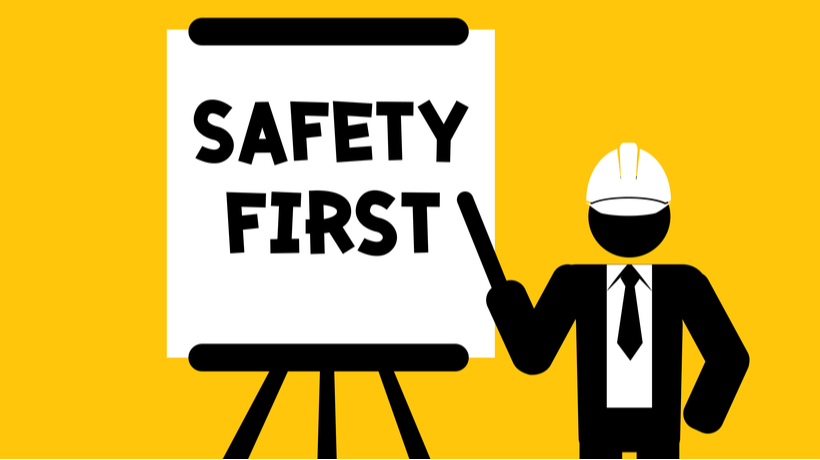Workplace Safety Software To Reduce Human Errors
Safety and Health and Safety Executive (HSE) managers work tirelessly to ensure workplace safety every day. But let’s be real: human error is still a big problem, causing many workplace accidents. Stats show that 80–90% of industry accidents come from human error. This article dives into how workplace safety solutions can help reduce the impact of human error on overall safety. We'll talk about workplace safety software, its perks, and how safety managers can weave these solutions into their safety programs.
The Cost Of Human Error
Human error can lead to injuries, fatalities, financial hits, and damage to reputation. In high-risk sectors like construction and oil and gas, even a single mistake can cause major accidents, racking up costs in medical bills, legal fees, compensation, and repairs. These industries often involve complex machinery, hazardous materials, and environments where safety protocols are critical. For example, in the UK alone, workplace injuries and health issues cost £20.7 billion in 2021–22, which was a 10% increase from 2019–20. [1] This highlights the importance of rigorous training, diligent safety measures, and continuous monitoring to prevent such costly and tragic incidents.
Maximize Your ROI: Top Reasons To Invest In Workplace Safety
Pouring money into workplace safety, including safety software, pays off big time. Studies in the US suggest that every dollar spent on solid safety programs can save businesses between $4 to $6. Despite these potential savings and the boost to employee well-being, only 30% of companies reportedly have comprehensive safety and health programs, according to the US Department of Labor Occupational Health and Safety Administration.
Understanding Workplace Safety Software
Workplace safety software is a digital tool to boost safety management practices. It helps monitor, report, and manage safety incidents, hazards, and compliance requirements. By using this software, organizations can streamline safety processes and stick to safety protocols. Common features include risk assessments, incident reporting, task management, and safety training.
How Workplace Safety Software Manages Human Error
Since human error is inevitable, safety software is key in managing it by giving insights into potential hazards and risks. This tech spots patterns in human errors, allowing organizations to tackle them with targeted safety measures. By tracking and analyzing incidents, near-misses, and unsafe behaviors, workplace safety software helps prevent future accidents. Plus, it identifies training needs and delivers tailored safety training to employees.
Comparison With Traditional Methods
Traditional measures like training programs and manual checklists are important but can be tripped up by human flaws and inconsistencies. On the other hand, safety management software uses data-driven methods to find safety gaps, manage compliance, and ensure all employees are up-to-speed with safety protocols.
Choosing The Right Safety Software
When picking safety software, thoroughly assess your organization's safety needs based on its size, operational scope, and industry-specific challenges. Begin by evaluating the key features such as incident reporting, which ensures timely documentation and analysis of any safety incidents, risk assessments to identify and mitigate potential hazards, compliance management to adhere to regulatory standards, and robust analytics for data-driven decision making.
Additionally, consider the user-friendliness of the software interface to ensure smooth adoption by your team. Investigate the background of potential vendors, prioritizing those with extensive industry experience and a proven track record of success. It is also crucial to choose vendors who demonstrate a strong commitment to supporting your team through the entire software integration process, offering training, technical support, and continuous updates to adapt to evolving safety requirements. This comprehensive approach will help ensure that the safety software you select effectively enhances your organization's safety culture and performance.
Conclusion
While human error is a built-in workplace risk, tech like workplace safety software offers powerful tools to handle and reduce its impact. By understanding your organization's needs and choosing the right safety software, you can create a safer work environment that protects employees and boosts business success. This year, Singapore's National Workplace Safety and Health (WSH) campaign is all about "Reporting Saves Lives," pushing employers to set up internal reporting systems to cut risks and promote a safety-first culture. Investing in safety software backs this initiative, creating a space where employees feel safe and valued, which helps prevent accidents and boosts productivity.
Reference:
[1] Costs to Great Britain of workplace injuries and new cases of work-related Ill Health – 2021/22








